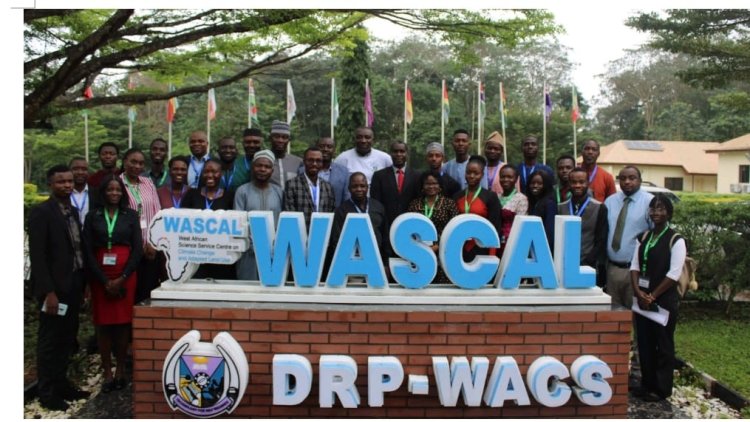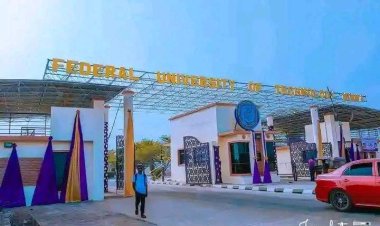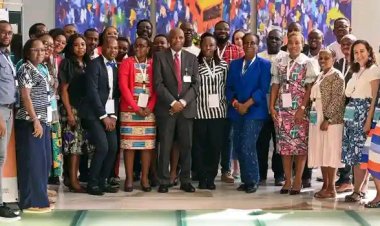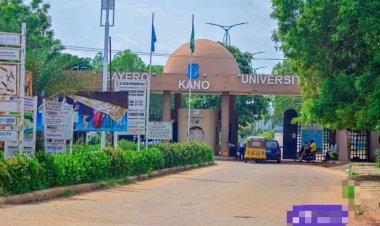Young Researchers Address Extreme Heat at FUTA Colloquium
On October 3, 2024, the Federal University of Technology, Akure (FUTA), hosted the 1st Extreme Heat Colloquium at the WASCAL Graduate Research Centre, focusing on the severe impacts of extreme heat on health and the environment.

Extreme heat, often termed a "silent killer" due to its severe impacts on human health and the environment, was the focus of discussion during the 1st Extreme Heat Colloquium. The event took place on Thursday, October 3, 2024, at the West African Science Service Centre on Climate Change and Adapted Land Use (WASCAL) Graduate Research Centre, Federal University of Technology, Akure (FUTA). It brought together early-career researchers who are part of an ongoing initiative aimed at tackling the health challenges posed by extreme heat.
The colloquium forms part of the HEat and HEalth African Transdisciplinary (HE2AT) Centre's pilot project, funded by the Fogarty International Center and the National Institute of Environmental Health Sciences. The project is co-led by Dr. Olumuyiwa Adegun, Dr. Tobi Eniolu Morakinyo, and Prof. Ademola Akinbobola, with a mission to study the effects of extreme heat and develop adaptation strategies.
Welcoming remarks were delivered by the Directors of the WASCAL Centre at FUTA and the HE2AT Centre at the University of the Witwatersrand, setting the stage for the event. The Vice-Chancellor of FUTA formally declared the colloquium open, signaling the commencement of the proceedings.
The keynote panel featured distinguished experts, including Prof. Chris Pearson, a historian from the University of Liverpool; Dr. Stephen Fagbemi, Director of Public Health at the Ondo State Ministry of Health; and Prof. Dodo Yakubu, a green building specialist. They delved into various aspects of extreme heat, including its historical context, public health implications, and the role of the built environment in adapting to rising temperatures.
A key highlight was the presentation of research by young scholars, who shared their findings through 14 oral presentations and six poster displays. The studies revealed that urbanization and global warming are contributing to rising temperatures in cities, resulting in adverse health effects, although comprehensive data on these impacts in Nigeria remains limited. The research identified outdoor workers and informal settlement residents as the most vulnerable groups.
Participants emphasized the need for targeted interventions, including the formulation of heat action plans and management policies to mitigate the effects of extreme heat. The scholars called for increased interdisciplinary collaborations, swift policy responses, heightened community awareness, and the exploration of nature-based solutions. They also advocated for the implementation of heat early warning systems to better protect vulnerable populations.
The colloquium marked a significant step toward addressing the challenges posed by extreme heat in Nigeria and beyond, underscoring the urgent need for coordinated efforts to combat this silent killer.

 Chris Oyeoku Okafor
Chris Oyeoku Okafor 



